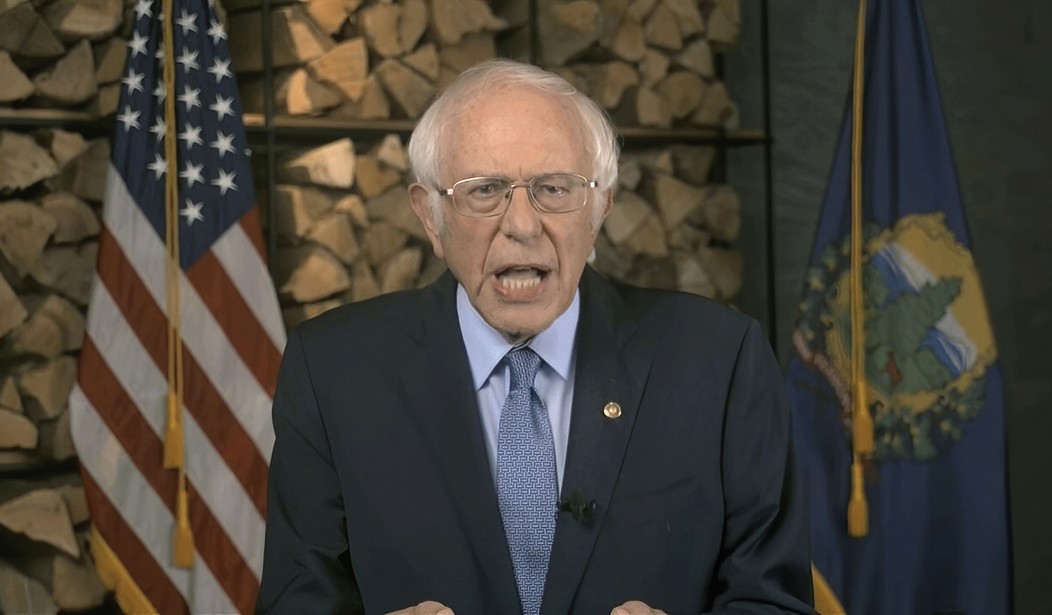It’s no secret that the Democrats’ “bench” — party members of stature that could challenge seriously for the presidency — is short. It lacks numbers, and the Democrats who might challenge for the presidency in 2024 lack any stature as national leaders.
The question is relevant because once again there is whispering that Biden will, in the end, either decline to run again or be forced for health reasons to decline the honor.
But, when scanning the Democratic horizon, party members are at a loss: why is there so little “new blood” coming into national prominence recently? The 2020 race indicated a superannuated party leadership with three major candidates in their 70s. And if the candidates for president weren’t too old, they were too obscure to be taken seriously.
The gay mayor of a small American city? An obscure congresswoman from a tiny state? A former Republican mayor of New York City? No heft. No “gravitas” as political pros refer to when talking about a potential lightweight candidate.
So why is this? The dearth of quality candidates can be traced back to the Obama presidency when the party lost massive numbers of state legislative races. More than 1,400 Democratic incumbent state representatives and senators lost their jobs because the Obama political machine only cared about the boss.
Similarly, a political party’s bench is only as good as its cultivation; the shortage may pass unnoticed for a generation until the day it can no longer be ignored, much like inflation, illegal immigration and the opioid epidemic. Keystone wasn’t the only pipeline Obama killed: Democrats lost 1,042 state and federal offices from 2009 to 2016. Obama only seemed to be bothered by the 1,043rd one, which saw him replaced by a populist billionaire. Obama surveyed the empty tree farm he bequeathed his party with trademark humility: “If I had run again and articulated it, I think I could’ve mobilized a majority of the American people to rally behind it.” Yes, the Twenty-Second Amendment bears the blame for Democrats’ present-day troubles.
It’s a generational thing. Younger Democrats look at their party leaders as old and out of touch while the more radical faction is chomping at the bit for the oldsters to give way and let them have a chance.
Younger liberals also accuse their forebears of forsaking posterity and failing to yield to the next generation. They are fed up with older people invading spaces meant for them. A Teen Vogue op-ed published in the run-up to Biden’s inauguration as the oldest president ever said it best: “Democratic Leaders in Congress are Old and Out of Touch.” The attitude was widely shared by the magazine’s audience, 96 percent of whom are older than twenty-five, according to recent metrics. Young Democrats direct their enmity toward House speaker Nancy Pelosi (born 1940) and Senate leader Chuck Schumer (born 1950), but no one better embodies the cravenness and self-absorption activists attribute to boomers than Obama himself (born 1961). Did he take an interest in anyone else’s career on his path from Chicago to the White House to doing his best David Attenborough impression on Netflix? Obama may publicly mock the GOP’s bootstraps mentality as a throwback to selfish gilded-age myth, but he seems convinced of his own stature as a self-made man.
There is a disconnect between both parties and the American people. The people are not as radical as the Democrats want them to be, nor are they as concerned about social issues as the Republicans think they should be.
Also read: The Elitists Who Want to Rule the World
Most Republicans don’t have the Democrats’ problem. They have their man and if he says the word, his armies will march forth to conquer. How that might play out for both sides remains to be seen, but Republicans would seem to already have an advantage.
They don’t have to try to make a silk purse out of a sow’s ear to win.










Join the conversation as a VIP Member